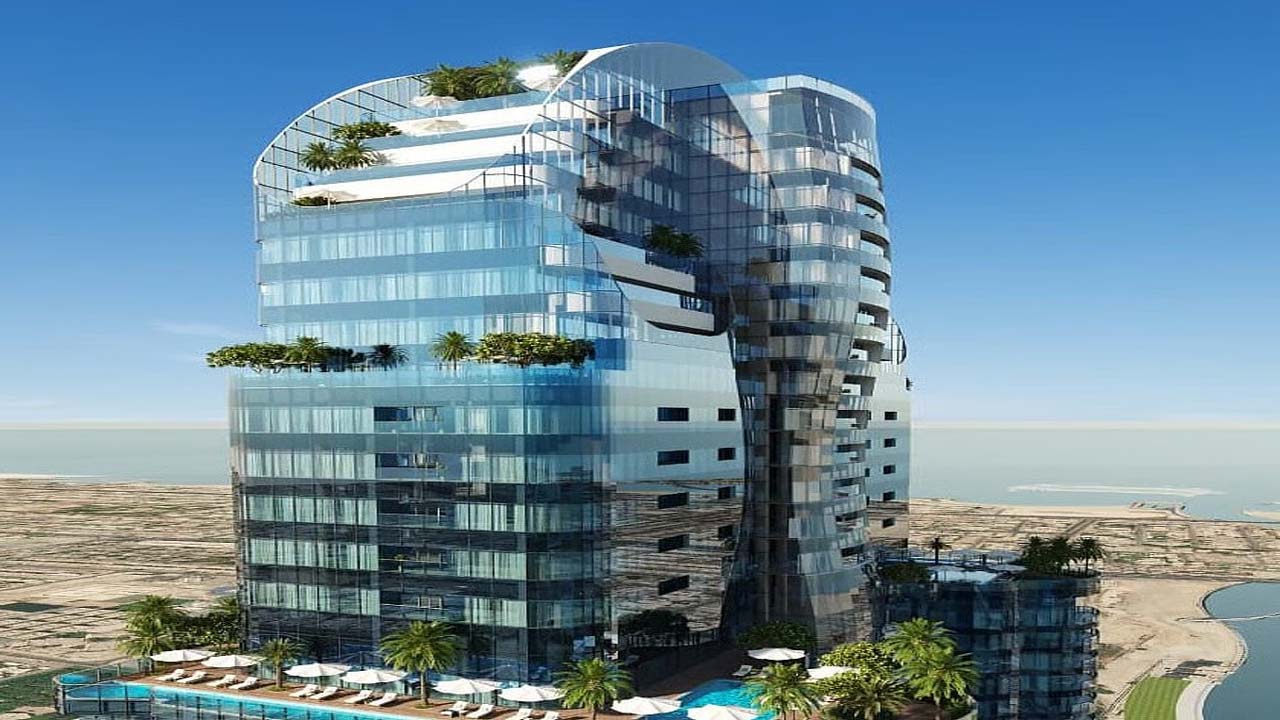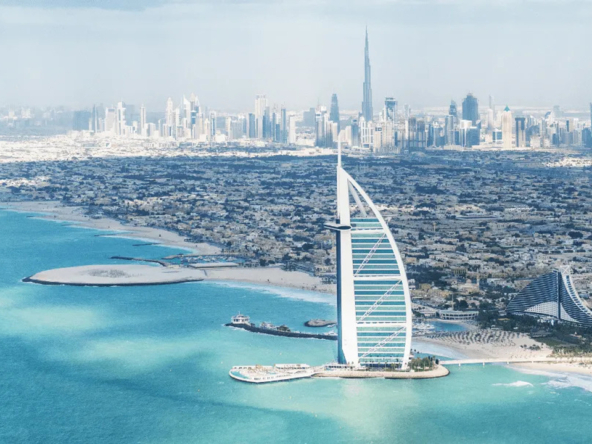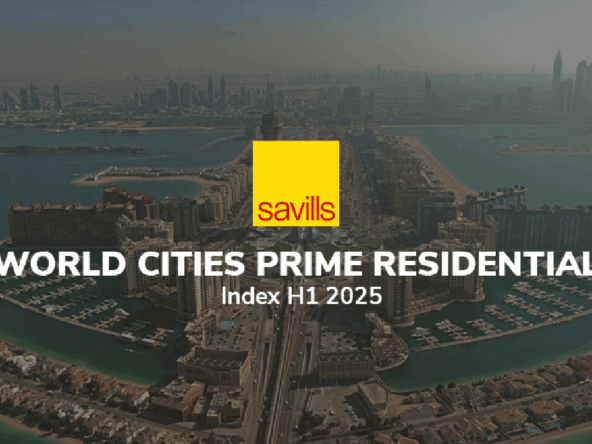Young professionals earning between AED 10,000 and AED 15,000 are being encouraged to consistently save 20–30% of their monthly income if they plan to purchase property. According to real estate experts, with disciplined savings and gradual income growth, this can make a property down payment achievable within 3 to 5 years.
“For properties priced between AED 600,000 and AED 900,000, a 15–20% down payment would require saving between AED 90,000 and AED 180,000,” said Adriano Vichi, co-founder of Monopoly Properties AVS. “By putting aside AED 2,000 to AED 4,500 each month and maintaining a solid budget, young professionals can reach this target within a few years.”
Vichi emphasized that property investment is not exclusive to high-income earners. With a well-informed approach—understanding market trends, choosing strategic locations, and timing the investment—those on moderate incomes can also build long-term wealth through real estate.
Lower Barriers to Entry
For early-career professionals, the idea of investing in property may seem intimidating. However, new tools such as tokenisation and fractional ownership are lowering entry barriers, making it possible to invest with relatively small amounts.
Previously, banks required six months of salary history and steady income to qualify for mortgage approval. Now, platforms offering real estate tokenisation have opened doors for younger earners. Ayman Youssef, Managing Director at Coldwell Banker, noted that investors can now enter the market for as little as AED 2,000.
Tokenisation involves converting a property’s value into digital “tokens” that can be traded on a blockchain—essentially enabling investors to buy shares of physical assets.
Where to Look
Youssef recommends Dubai South as a high-potential investment zone due to its proximity to the expanding Al Maktoum International Airport. He also cited Town Square as a promising area thanks to its master-planned communities and competitive pricing. Planned connectivity improvements with Sheikh Zayed Road are expected to drive up demand and property values in the area.
The Real Cost of Ownership
Vijay Valecha, Chief Investment Officer at Century Financial, cautioned that many young buyers overlook the true costs of owning property. Expenses such as insurance, maintenance, and utilities can add up quickly. He suggests prioritizing a savings buffer before making a purchase to allow flexibility in responding to market changes or financial surprises.
Another key recommendation: build an emergency fund. “Anyone starting their first job should focus on saving six months’ worth of living expenses in a liquid investment, which can be used during financial setbacks such as job loss,” Valecha said.
For portfolio diversification, he advised a starting allocation of 70% in equities, 20% in bonds, and 10% in real estate, which can be adjusted as personal goals and risk appetite evolve.
Starting from AED 500
For those with limited budgets, platforms like SmartCrowd and PRYPCO allow investment in Dubai real estate with minimum contributions of AED 500 and AED 2,000, respectively. According to PRYPCO founder Amira Sajwani, their tokenised properties have seen high demand, with one project fully funded in less than 24 hours and another selling out in under two minutes.
The Debate: Fractional vs Full Ownership
Not all industry leaders are sold on fractional ownership. Zsombor Szokol, co-founder of Monopoly Properties AVS, urged caution: “These models often mean less control over the asset, reduced liquidity, and lower returns than direct ownership.”
For those serious about building a property portfolio, Szokol recommends the traditional route—saving for direct acquisition and making informed, goal-based decisions.
Bottom Line
Whether to start with a small stake via tokenisation or save for full ownership depends on your financial situation and investment goals. While new platforms make real estate more accessible than ever, investors must weigh the convenience of entry against long-term returns and control.
With real estate becoming more democratized, new initiatives—like the Dubai Land Department’s Real Estate Tokenisation Project—are paving the way for broader participation. Although still in its pilot phase, the program aims to boost the value of Dubai’s tokenised real estate market to AED 60 billion by 2033, potentially accounting for 7% of all real estate transactions.




